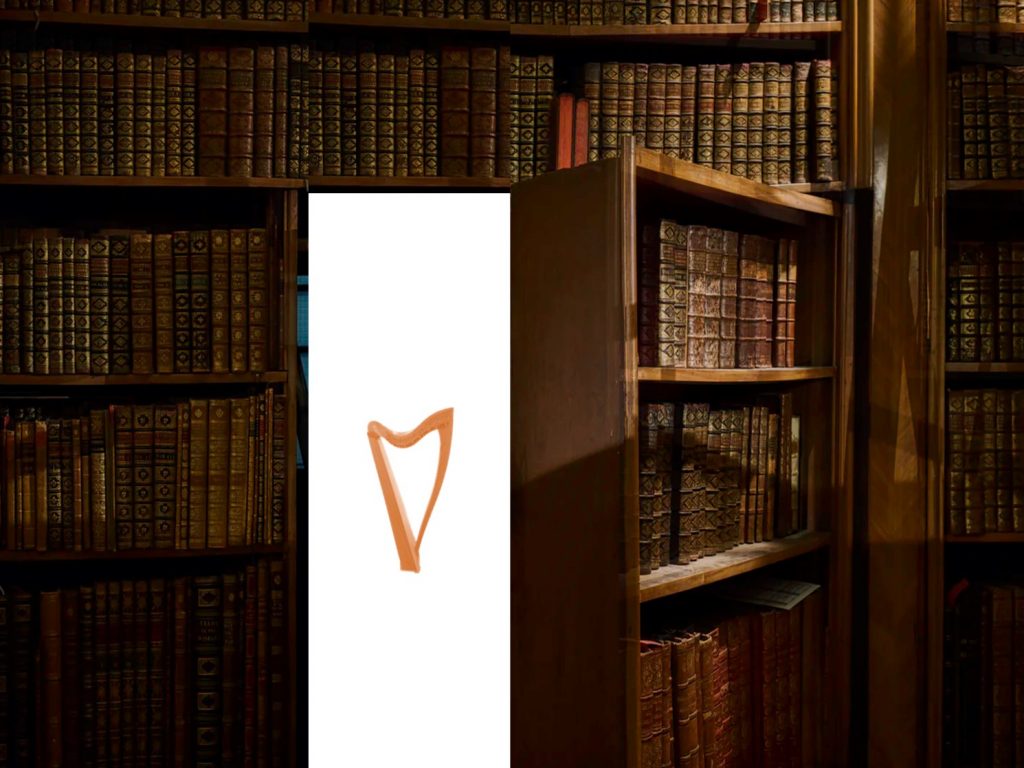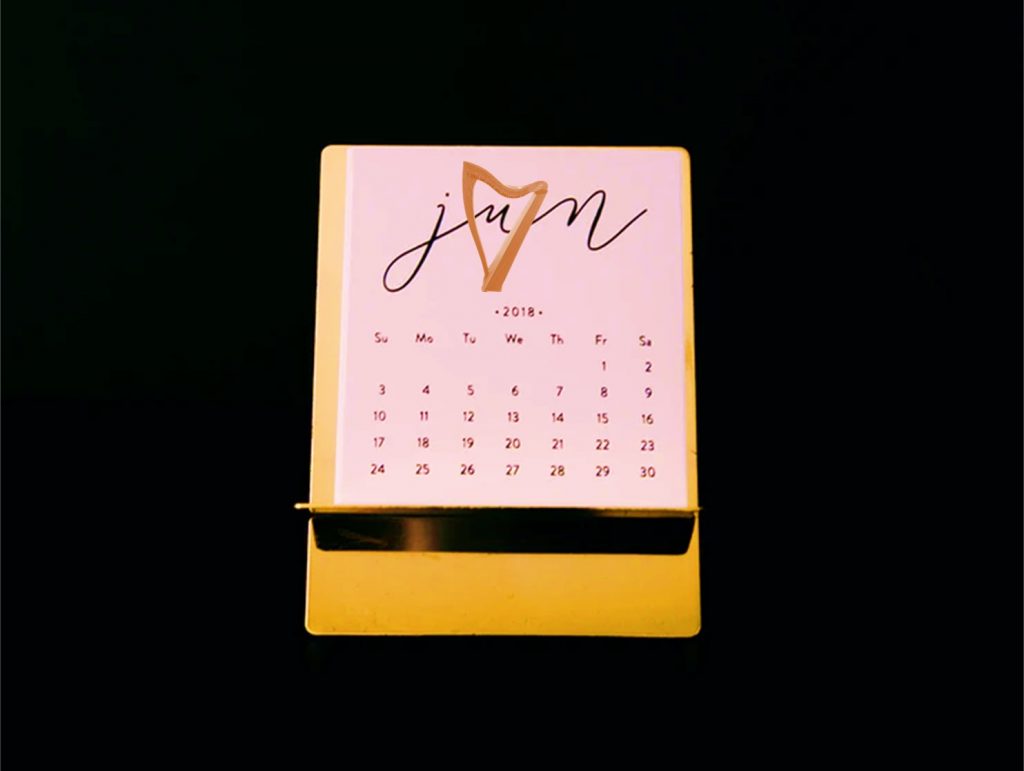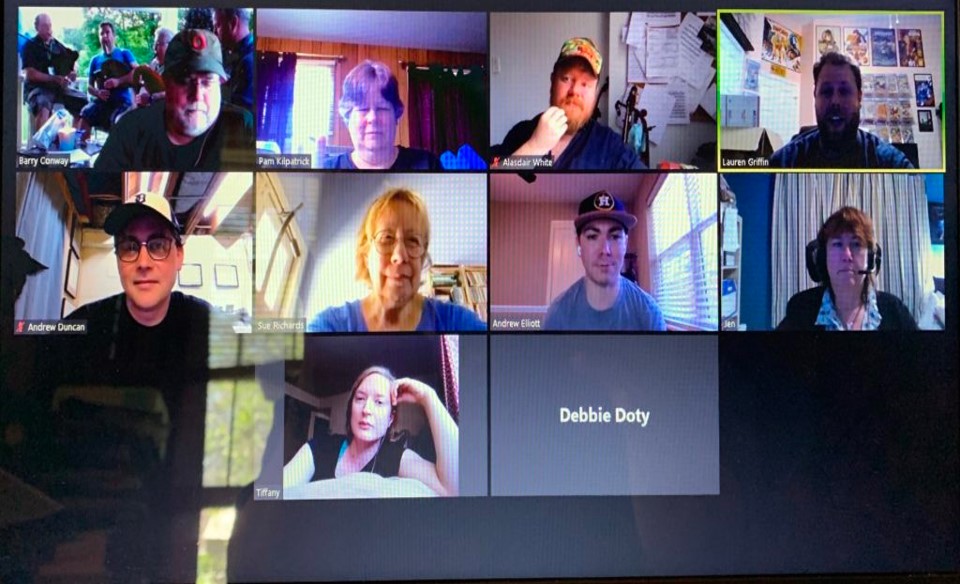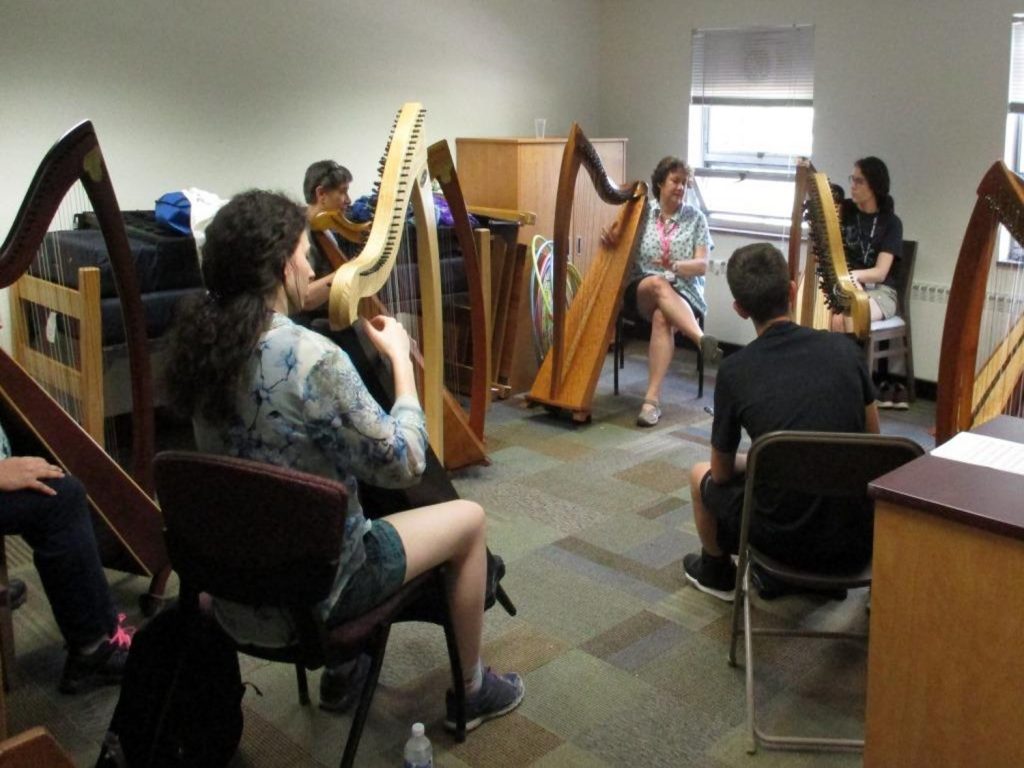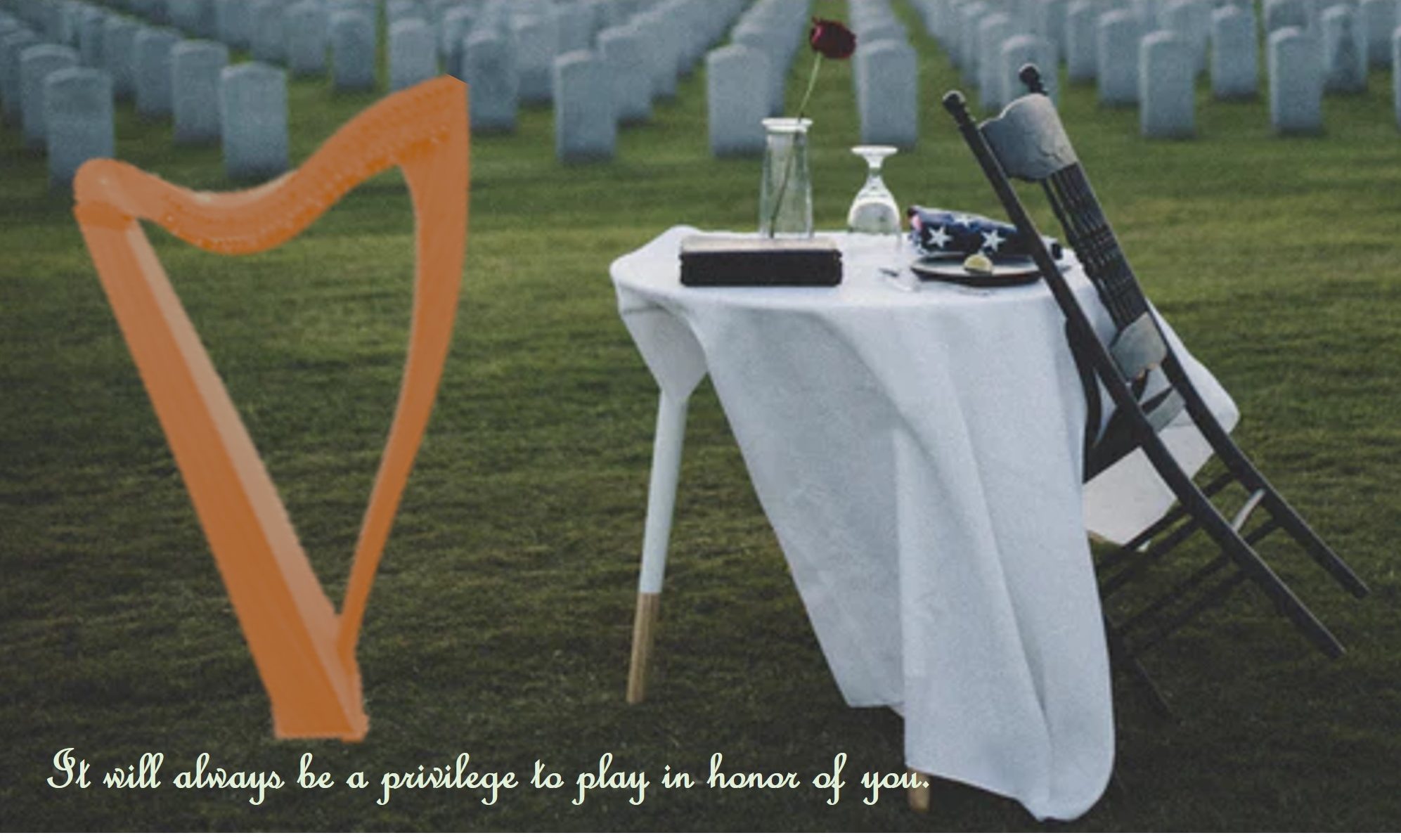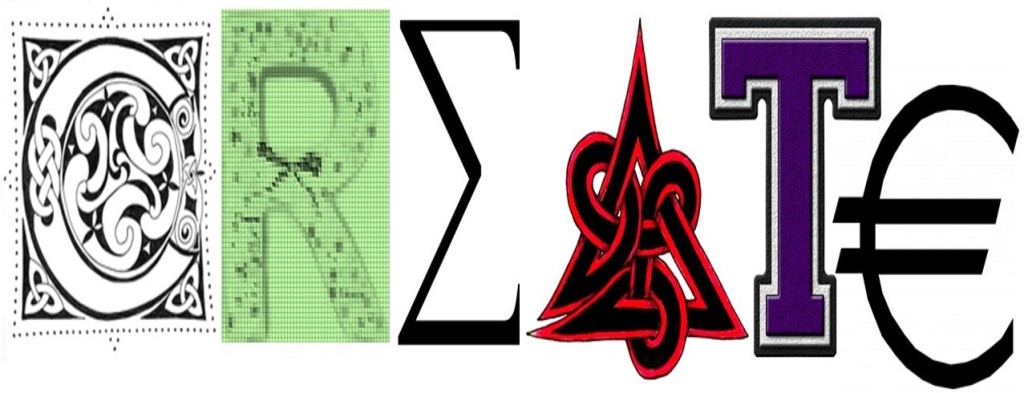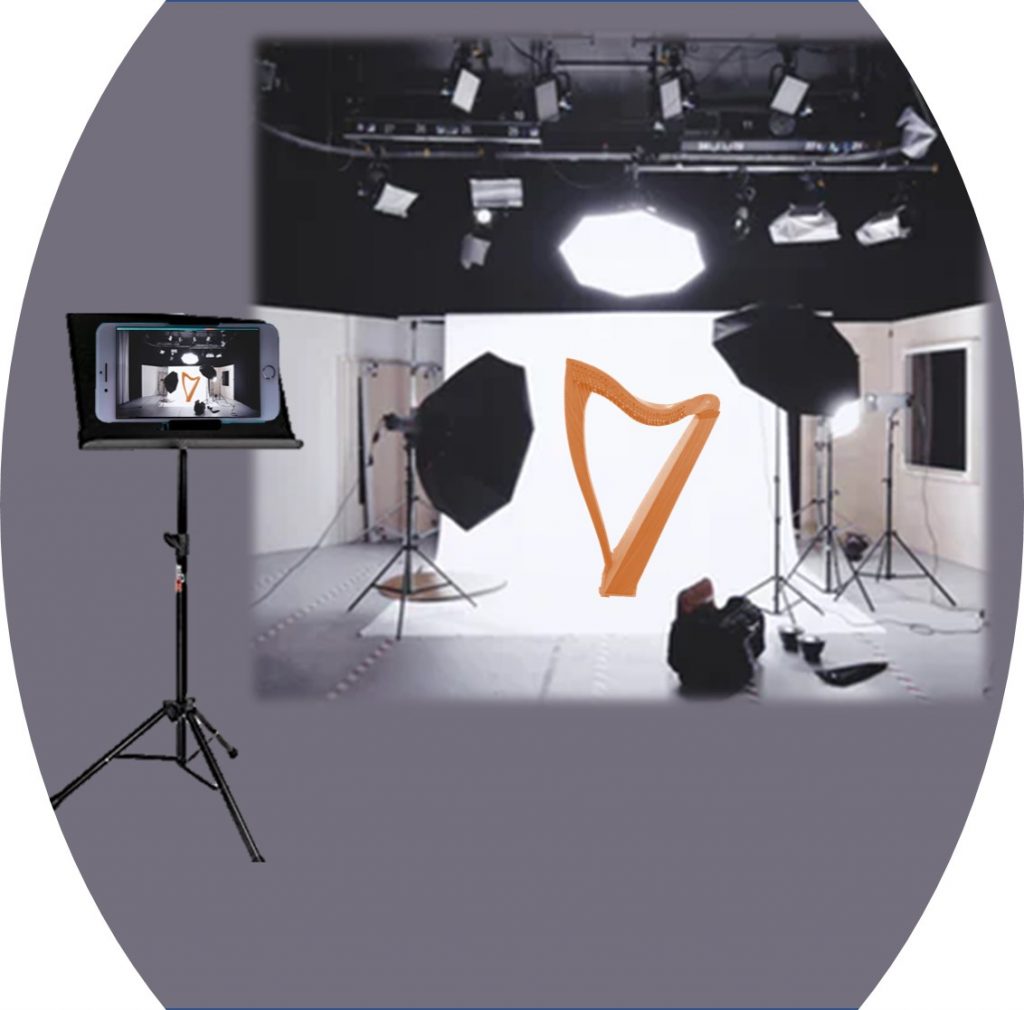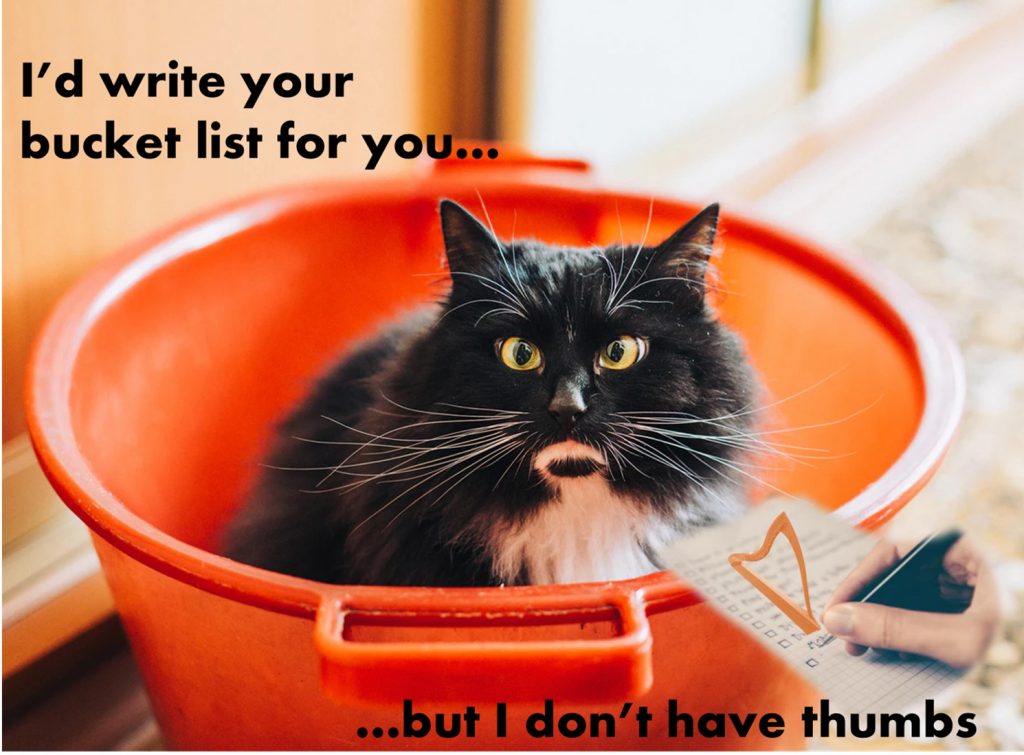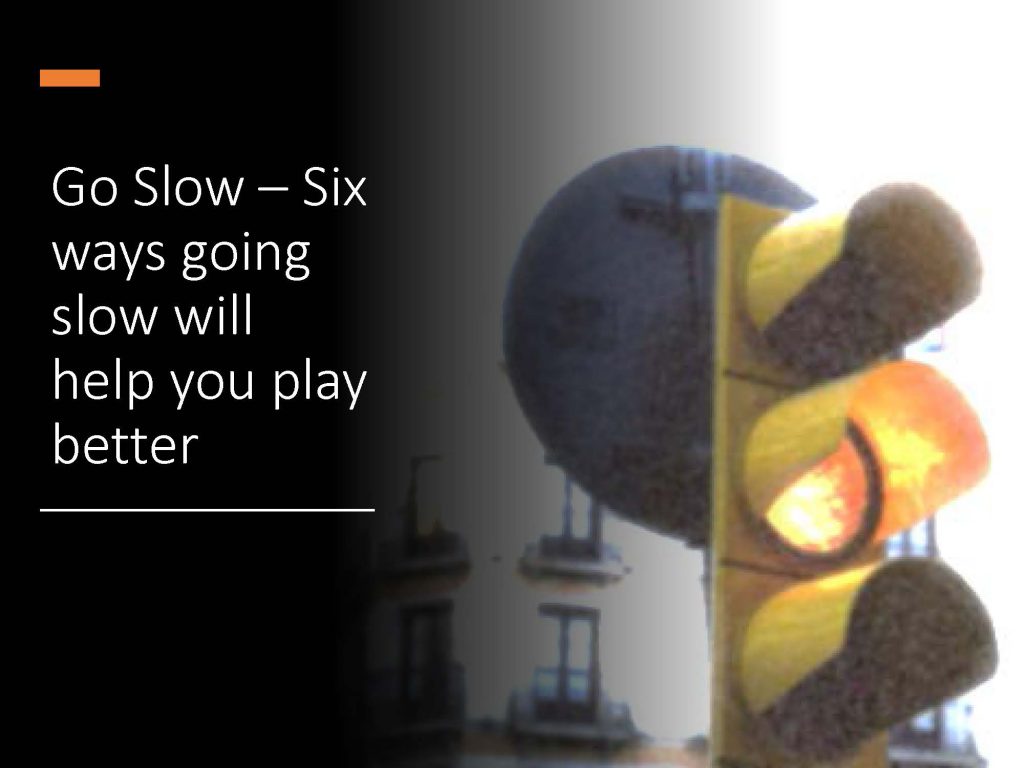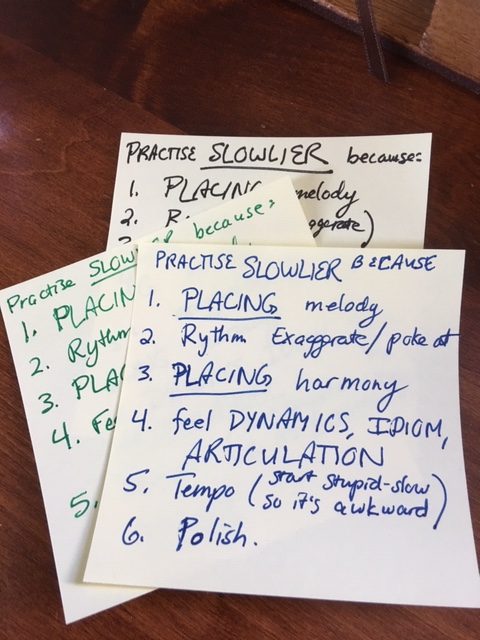There’s SO much stuff to practice! You need to always be watching your technique…and that’s complicated. And you have to keep your tunes in your fingers…and that gets harder as you learn more tunes than you can remember you know. And you have to learn new stuff…which is easy to let slide while you’re busy watching your posture and remembering what you already know. And there’s theory. And there’s history and beyond your repertoire stretches, and…and…and…
…we get it, there’s a lot to practice…
…and there’s only 24 hours in a day…and all those Hallmark movies to watch, and laundry, and exercise, and meals, and work, and…sleep
So how are you going to get all your practice in? That’s not the question. The real question is – how do you decide what to practice?
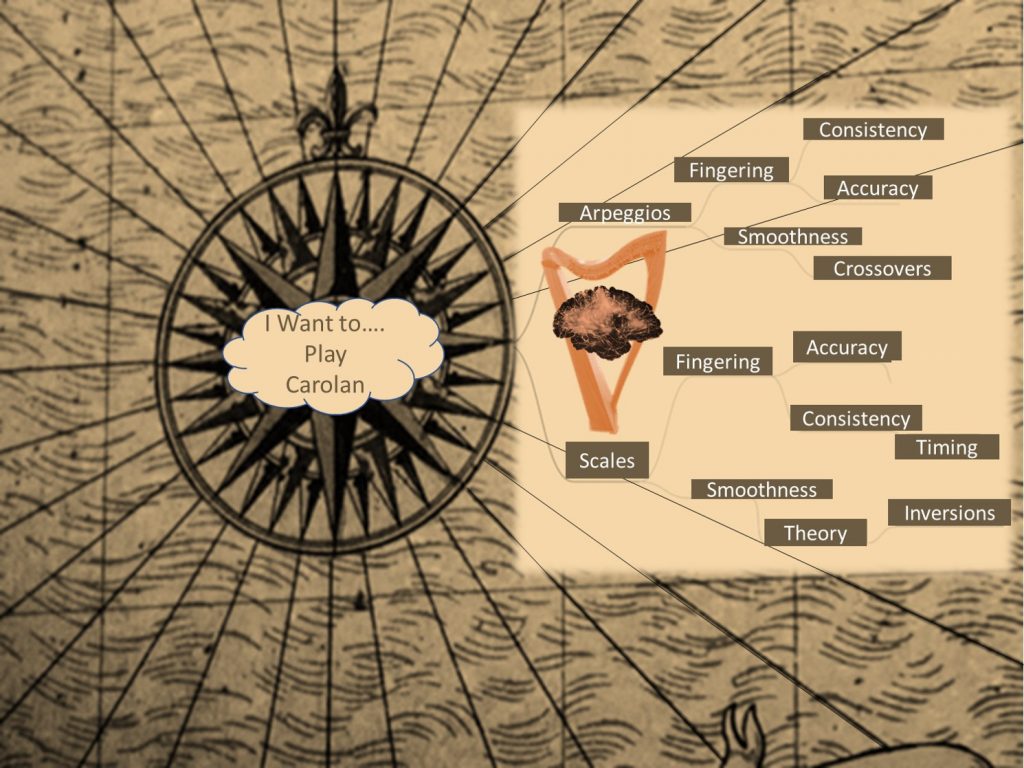 You might need to use a time budget – but we’ve talked about that before – chopping up your practice time and assigning it at the micro level (think, “of my 30 minutes, I will spend 10 minutes doing…”) and the more macro level (think, “by the end of this week, I’d like to have learned that tune…”) and the even bigger level (think, “by September, I will begin to slowly refresh my holiday repertoire…” before you summarily forget it’s already October, but I digress).
You might need to use a time budget – but we’ve talked about that before – chopping up your practice time and assigning it at the micro level (think, “of my 30 minutes, I will spend 10 minutes doing…”) and the more macro level (think, “by the end of this week, I’d like to have learned that tune…”) and the even bigger level (think, “by September, I will begin to slowly refresh my holiday repertoire…” before you summarily forget it’s already October, but I digress).
And it’s a great idea to have all those levels of thinking about your practice, but then you have to make the REAL decision – what should you be practicing right now? Well, that’s up to you. I mean, I can only know my goals, and those of my students and the people I coach. If you’re not one of them, I have no way to know (BTW – shameless plug – I’ve got coaching slots available*). So, then the real question is – how do I decide what I should be practicing?
Here is a process to determine what you should be spending your time on:
- Actually define what you’d like to be able to do (yes, this means write down what you’d like to be able to do with all that practicing). It can be grand (I’d like to play the Ceremony of the Carols on my 21 string lever-less folk harp) or mundane (I’d like to be able to play my exercises as slowly and carefully as Jen asks me to at my lessons so that I can actually get through them without fumbling). But write it down…maybe in that practice journal you either haven’t gotten, haven’t started, or think is just stupid.
- Do a “mind dump”. Mind dumping is really popular right now. And with good reason. Yes, this is more writing things down, but in a good way. You really are going to try to dump, from your brain and onto the paper, everything you know about where you are, where you want to go (see #1 above) and what you already know. Write down everything you can think of that relates to how you play now, what you’d like to be able to do, and anything you might already know about the path between the two. No, really, write it down. All of it.
- Now let’s build a “mind map”. Maybe you’re not a writer and you’re pushing back on this. Then you might not mind this step so much – a mind map is just a visual map of the stuff you wrote down. Yup – a drawing! Sort through all the things you wrote in #2 and identify which ones are related to one another. You might find, as you’re making your map, some things are more related than you originally thought (technique? theory? fingering?). For example, Carolan is all the rage this year (don’t ask me, I have absolutely no idea why, but he is!). But to play a lot of Carolan’s tunes, you need to be able to flawlessly and quickly play a scale – part of a scale, all of a scale, most of a scale – he used them a lot. So, in your map you’ll start with what you want to work on (playing Carolan) and “map” it to all the things that might help you get there (smooth, seamless, rapid scales). And I’m sure you’ll have loads of things to work on – so put them all on the map…and show which ones are related to which others.
- Give it a hard look. Be realistic. Do you have the time to do all of that? If yes, go to a. If no, go to b.
- Do the thing! Now you know what you need to work on and how they’re all linked, so you can put together an approach to your practice. Be sure to include steps for each day you practice, each week and each month. Be realistic. Assure that everything lines up in a reasonable way (for example, you’ll want to be able to play simple scales before you start doing scales that are compound rhythms or complex executions). If you’re not sure, ask your teacher. Remember to plan more than just each day – let the days build on one another.
- Do the thing! Now you know what you need to work on and how they’re all linked, so you can put together an approach to your practice. Be sure to include steps for each day you practice, each week and each month. Be realistic. Assure that everything lines up in a reasonable way (for example, you’ll want to be able to play simple scales before you start doing scales that are compound rhythms or complex executions). If you’re not sure, ask your teacher. You will need to leave yourself plenty of time (over the calendar) and take small… but consistent (daily)…steps. Remember that 15 minutes every day is better practice than 2 hours on a Saturday! If you only have 15 minutes, now you’ll know what to spend them on! Remember to plan more than just each day – let the days build on one another.
- Do the thing! Now you know what you need to work on and how they’re all linked, so you can put together an approach to your practice. Be sure to include steps for each day you practice, each week and each month. Be realistic. Assure that everything lines up in a reasonable way (for example, you’ll want to be able to play simple scales before you start doing scales that are compound rhythms or complex executions). If you’re not sure, ask your teacher. Remember to plan more than just each day – let the days build on one another.
- Keep track of what you do! This can be easy – write it down. Too lazy? Too busy to spend all that time (20 sec) writing it down? Use that fancy phone you have! Record your practice once a week – then you’ll be able to see what you’re doing right and what needs a little more attention.
- Don’t forget the cookie! OK, it doesn’t have to be a cookie (but it can be!) – make sure you also have a reward for meeting your plan. Whether it’s buying yourself a goofy harp trinket (I’m not mocking them, I have them too!) for practicing every day or for learning a tune completely or for performing the tune well when you needed to, you set the reward…and be sure to deliver! You will deserve it.
Let me know how you know what to practice – in the comments below!
* If you’re interested in coaching (or lessons) – let me know!
